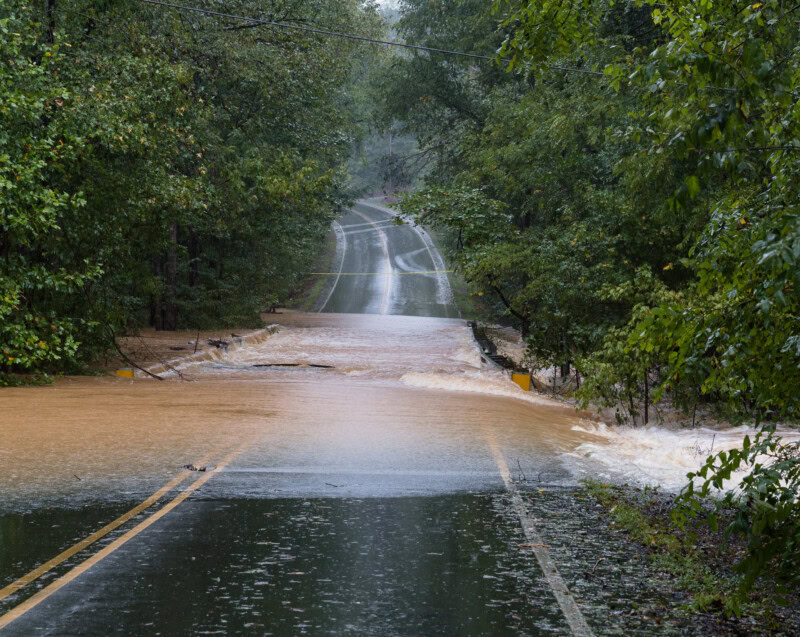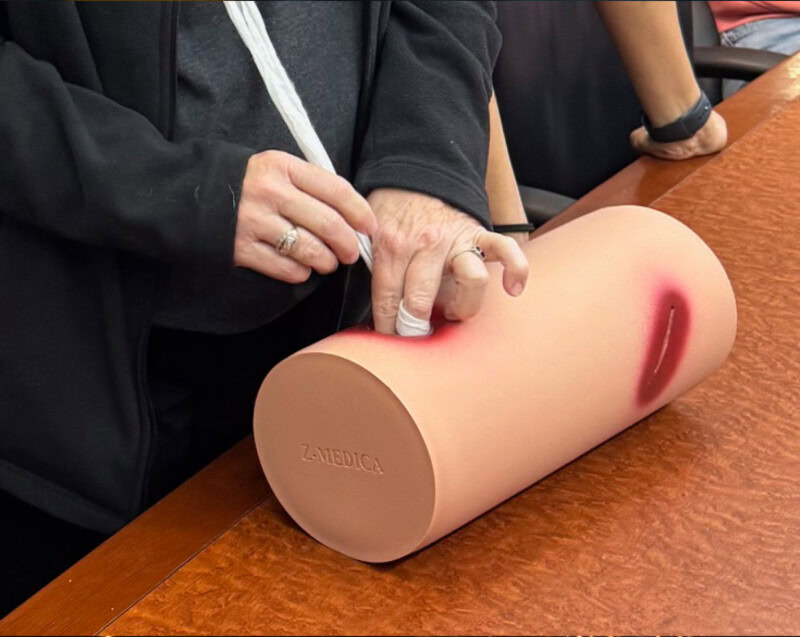Flooding. Severe winds. Downed power lines. Are you prepared if a hurricane makes landfall near where you live or work? We’re here to ensure you’re #HurricaneStrong. This National Hurricane Preparedness Week, check out a few tips from CTEH’s emergency management experts, the National Oceanic and Atmospheric Administration (NOAA) and the U.S. Department of Homeland Security:
•Evaluate your risk: The first step in hurricane preparation is determining your risk. Consider the wind and water hazards where you live and work. Then decide where you’ll go and how you’ll get there if you’re ordered to evacuate. Will you stay at a friend’s house or a shelter nearby? Answering these types of questions will help you create a comprehensive hurricane evacuation plan.
•Prepare your home: NOAA recommends scheduling an insurance check-up to ensure you have enough coverage to repair or replace your home or car if they’re damaged in a hurricane. NOTE: Standard homeowners insurance doesn’t cover flooding. Find out your flood risk and insurance options at floodsmart.gov. Remember, there’s a 30-day waiting period for flood insurance.
•Get your hurricane supplies together: Prepare a hurricane disaster kit for your family. We recommend including a week’s worth of non-perishable food, water and medicine, as well as extra cash, a battery-powered radio, flashlight, USB charger and important documents. Keep this kit easily accessible so you can bring it with you if you evacuate.
•Stay alert: If you have the possibility of severe weather in the area, check out the National Hurricane Center at nhc.noaa.gov for watches, warnings and forecasts. You can also contact your local emergency management agency to find out if emergency text notifications or email alerts are available in your area.
- Our team of crisis management experts can assist you or your company with Emergency Response Planning (ERPs), Disaster Preparedness, and Business Continuity plans, get more info here. Need more preparedness tips? For additional information on specific steps to take when a hurricane is rapidly approaching, please visit ready.gov/hurricanes or weather.gov/hurricanesafety.




